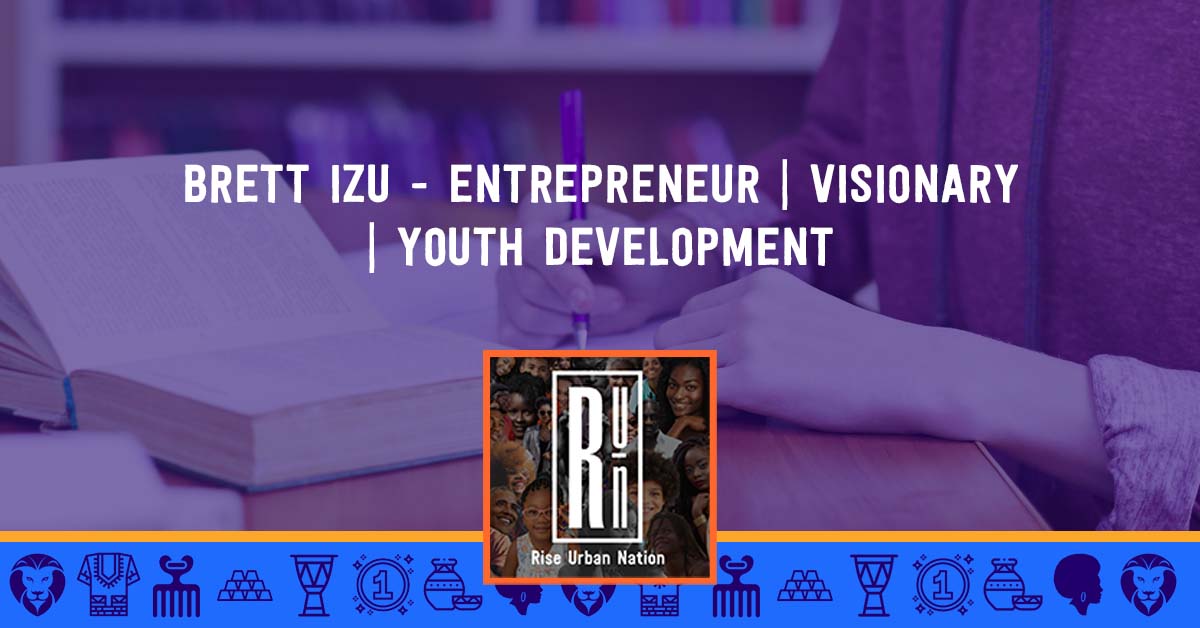Six Ways Black Professionals Can Become Successful Entrepreneurs
In just a few short years, Black entrepreneurship has seen soaring numbers. In the US, the number of Black business owners has increased by 38 percent since February 2020. These numbers indicate a lot of change and transformation for the landscape of Black wealth overall ─ which falls behind racial counterparts.
The great news is that with more success of black businesses comes more opportunities to stabilize wealth gaps.
So how can entrepreneurs make sure they're headed down the right path of business ownership? Keep reading for seven ways Black professionals can become successful entrepreneurs.
1. Seek Out Mentorship
One of the best ways to reach success is to follow in the footsteps of those who have already done so. Mentorship is important because it gives Black entrepreneurs the chance to cut time and loss on learning lessons without coming out of pocket. It also helps develop certain traits and qualities that help to keep entrepreneurs on track such as confidence, knowledge, and mindset shifts.
Mentors act as great tools for nurturing and incubating entrepreneurs throughout growth phases. They can help with goal-setting and finding clarity in direction. You'll also be able to get tailored advice and feedback on your entrepreneurial journey that can help improve decision-making.
2. Network Like a Pro
The cliché phrase "your network is your net worth" has not gone out of style for good reason. And it's especially useful for Black professionals who are looking to thrive in entrepreneurship. Before you ever even set foot in your entrepreneurial journey, you can build relationships that will propel your efforts forward significantly.
One of the most significant responsibilities of the entrepreneur is to be their first and biggest cheerleader. Another is to learn to build genuine relationships that are value-based and equally yoked in leverage. Former CEO of Time Warner and interim CEO of the Los Angeles Clippers, Richard Parsons, says “It’s up to you to bring yourself to the attention of powerful people around you. They’re not going to find you on their own.”
3. Be a Forever Student
The road to success will have plenty of twists and turns. Stepping into territory that you've never been in before will surely come with setbacks and new challenges─ which isn't always a bad thing. The best thing Black and African entrepreneurs can do is to learn lessons and adapt during the journey.
Choosing to turn situations that seem like losses into valuable lessons will take you far. Here are a few things to make sure you're remaining a forever student in your entrepreneurial endeavors:
- Personal development, business and finance books
- Professional seminars and conferences
- Educational classes and training
- Online courses and products
- Private coaching and consulting
Another key factor to keep in mind is to never underestimate where you can gain a piece of knowledge from. Stay open to finding education around every corner.
4. Find Funding From Different Resources
One of the main reasons why 20% of businesses fail within their first year is because of financial issues. This can be especially difficult for Black businesses since funding isn't always as accessible as need be. So a great way to be a successful entrepreneur is to figure out multiple options for finding funding.
There are many ways of funding businesses and utilizing more than one can set Black professionals up for long-term success. You can start with going after government allotted funds for small businesses. SBA loans help with providing cushions for working capital that support starting or growing a business.
Here are some other methods for funding:
- Angel investors
- Crowdfunding
- Venture capitalists
- Private/bank loans
- Eligible grants
- Self-funding/Bootstrapping
Using more than one resource for funding gives you the advantage to stay afloat if one well dries up. You can also be resourceful and reach out to friends and family to ask for assistance.
5. Manage Cash Flow Efficiently
Speaking of funds─ once entrepreneurs have the funds available to invest in their ventures, managing those funds is a huge determining factor of success. Creating positive cash flow comes down to managing money efficiently and effectively. And this boils down to knowing what's coming in and what's going out.
Black professionals should stay on top of their finances by using a variety of management tools and systems. For instance, you may track weekly spending and expenses as well as do monthly overviews and projections. This gives you a good idea of where you are and what the most feasible steps to take are.
Businesses that maintain control over their money win long-term. Tope Awotona showed us this with his SaaS scheduling product, Calendly. After raising 350 million dollars, Calendly is now valued at around 3 billion dollars.
Awotona says that the company has been profitable since 2016 and even doubled subscriptions since the pandemic─which helped to catch investors' eyes.
But this type of success starts with the small actions of keeping up with revenue details. Not creating a habit of tracking your financial status can lead to "leaking" money─ thus creating more negative numbers in your bank account than you'd like. Setup systems using spreadsheets, finance apps and software, calendar trackers, and even an old fashion pen and paper to manage cash flow properly.
6. Be a Visionary Leader
Technology has opened the doors to tons of new solutions for old problems. A great way for Black and African entrepreneurs to reach success is to work with the direction that the world is going in. Take risks with your big vision and create new and innovative lanes to thrive in.
JéGO, founded by Frederick Akpoghene, is looking to offer service providers more mobility through the use of autonomous shuttles. Akpoghene mentioned how the pandemic affected more than 1 million small businesses, showing a large decline in revenue for retail and brick and mortar. His disruptive response was self-driving vehicle startup as a solution for helping entrepreneurs and consumers navigate the new changes.
Black Professionals Can Lead the Way as Successful Entrepreneurs
There is a lot of potential and playing field for Black professionals to find their pieces of success in entrepreneurship. The important factors to consider are understanding which skills, habits, and lessons to develop and take heed to.
Start with the ones we've listed as foundational points and continue to grow as you learn. For more tips on becoming successful as a Black entrepreneur, check out our podcast.











